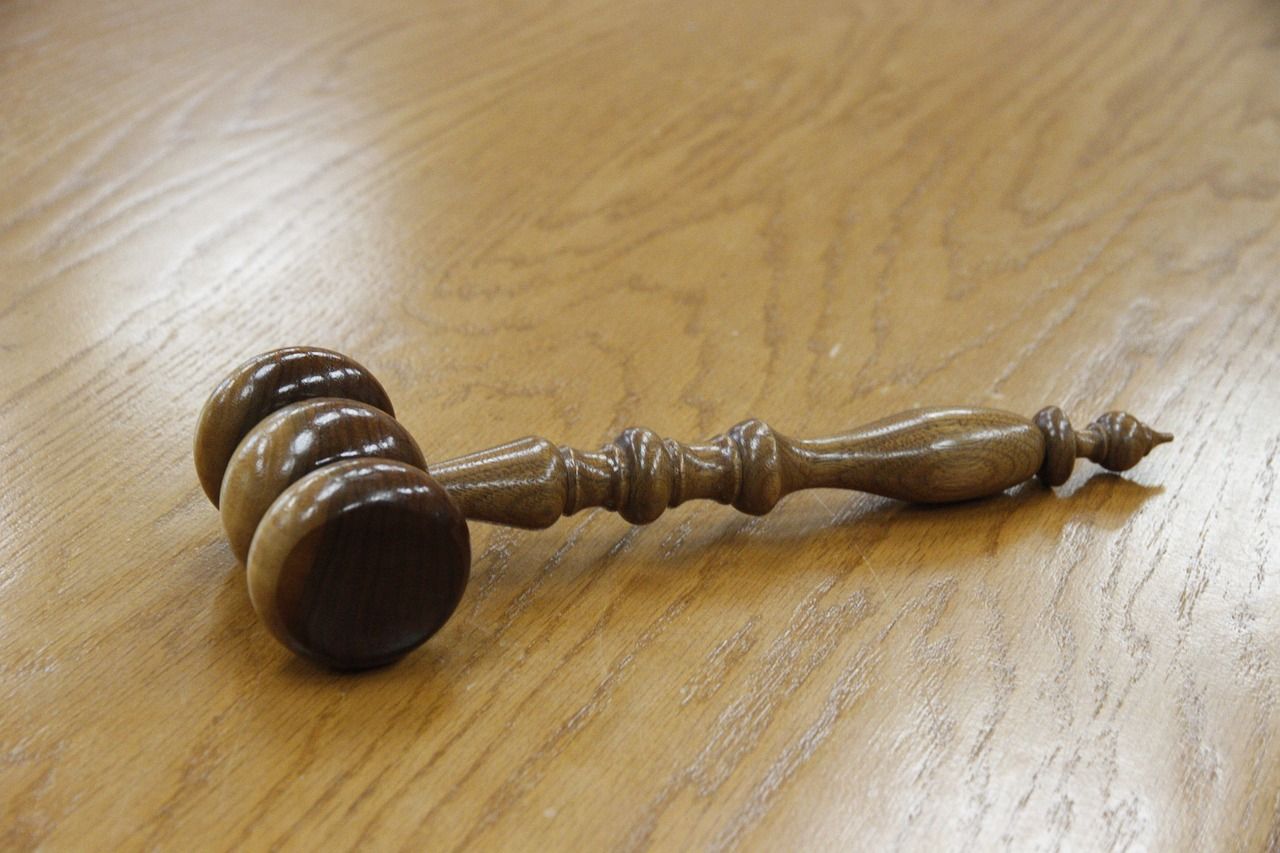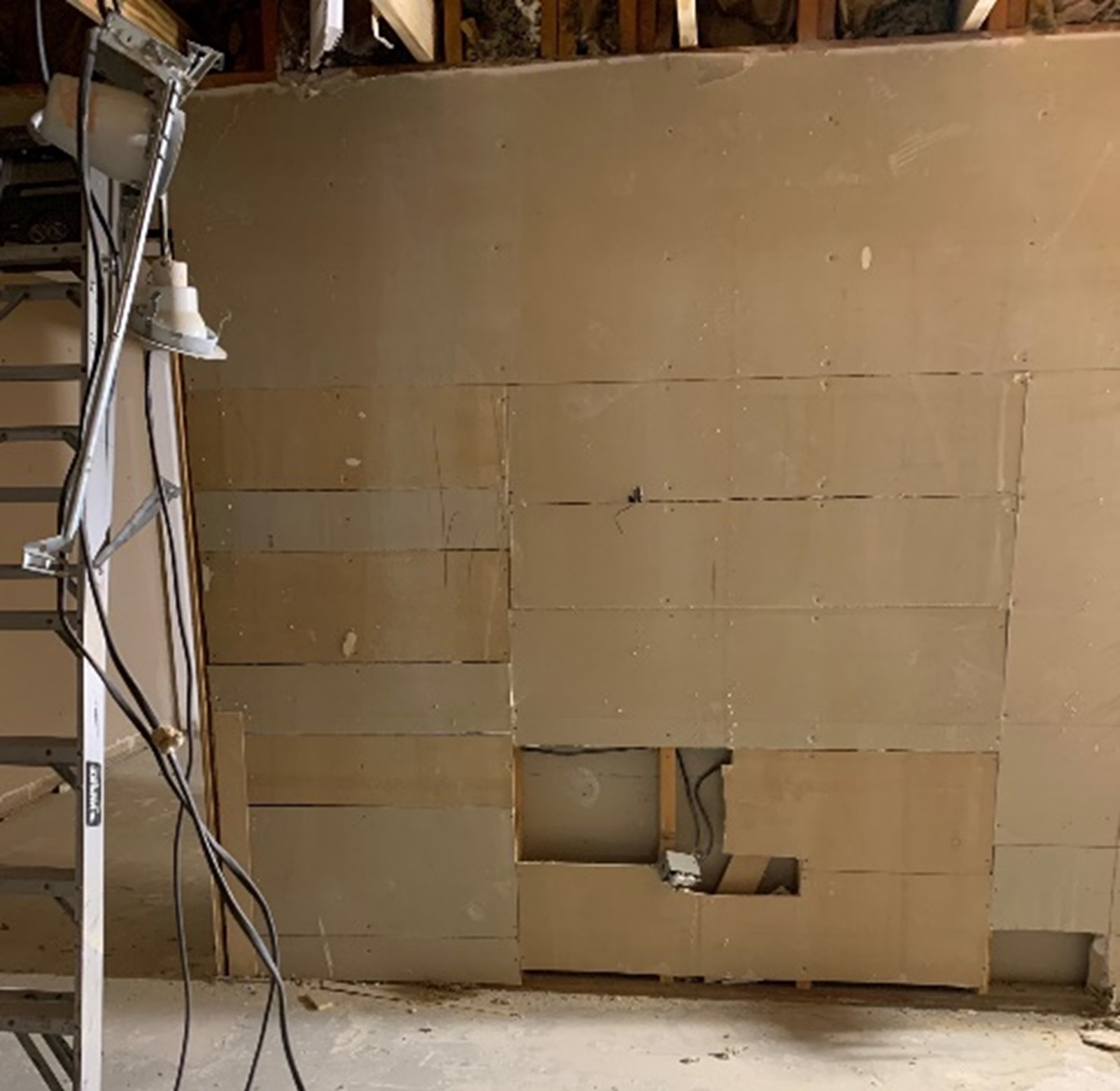But it needs to get brighter in Dallas
04.30.2020 Brian L. Benitez
Around six weeks ago, politicians across our republic announced that due to fear, ignorance, and political and media pressure, they would be turning off the light at the end of the tunnel.
And that wasn’t so bad, considering that we didn’t know much about COVID. Fear was a good first step toward caution. And “I don’t know” is often said to be the first step on the path to wisdom.
Six weeks later, we know much more about COVID, and, as a result, Texas and Governor Abbott are leading the way, re-igniting the light at the end of the tunnel, and providing the free States an example to follow when re-opening, in the hope that even the not-so-free States will soon join us.
Texas Orders
On April 27, 2020, Governor Abbott signed Executive Order AG 18, in which he carries forward his previous definitions and rules for essential services. Therein, he also adds a new list of businesses formerly classified as Non-Essential (and forced to close), but which may now may re-commence limited operations on May 1, 2020, reclassified as Reopened Services.
Keep in mind that all county and many local officials may also issue orders for as long as this COVID disaster remains declared. Thus the answer to “what does this mean for me” lies in comparing the Texas Order with any local order. As an example, see the table below which compares the Texas and Dallas County Orders, and discusses possible outcomes in the event of conflict. Please read and interpret every “Outcome” below with a giant grain of salt. Any such dispute will be decided more on politics than on the law.
Dallas Orders
There are two notable things apparent on the face of the “Dallas Order.” First, it may not technically be an “Order.” It is not signed by Judge Jenkins, and it is titled “Rules for Reopened Services.” Still, not treating it like an Order could have bad consequences, so I have referred to it herein as an “Order.” Second, the Dallas Order still seeks to impose fines and penalties for violation, with no limiting language, despite the fact that the Governor expressly prohibits any local authority from assessing any civil or criminal penalty for failure to wear masks.
The Texas Order can be found here.
The Dallas “Order” can be found here.
| TEXAS GOVERNOR ABBOTT ALLOWS | DALLAS COUNTY ORDER ALLOWS | LIKELY OUTCOME |
| The Texas Order allows the following businesses to open, and accept patrons on-premises, limited to 25% capacity: Retail services; Dine-in restaurants; Movie Theatres; Shopping Malls; Museums and Libraries. Services provided by an individual working alone in an office; Golf Course Operations. | The Dallas Order allows “Reopened services” only by pickup, delivery by mail, or delivery to the customer’s doorstep. Customers may not enter the premises. | Patrons should be allowed on the premises, subject to reasonable restrictions. It is fairly difficult to play golf without entering the premises of a golf course. |
| The Texas Order strongly encourages high-risk people to stay at home, and/or to implement social distancing, good hygiene, etc. | The Dallas Order introduces us to a new PC term of “respiratory etiquette.” Who knows, maybe that is now a “thing.” It also sets out a detailed list of requirements for Reopened Services, including employee screening, training on hygiene issues. | Generally speaking, the rules for returning to work in the Dallas Order are likely enforceable, because they generally appear to be consistent with the Texas Order. |
| The Texas Order prohibits any local or municipal jurisdiction from assessing any civil or criminal penalty for failure to wear masks. | The Dallas order retains the $1,000.00 / 180 days in jail penalty language | The Dallas Order language itself is not problematic, but any attempt to assess a penalty under the Dallas Order, simply for failure to wear a mask, would likely be prohibited. |
| For counties with 5 or fewer confirmed COVID cases, the above apply, but at 50% capacity | ||
| The Texas Order allows local government operations as determined by the local government | The bureaucrats are coming. We are saved. |

Brian Benitez is a partner at Ensley Benitez Law, P.C., whose practice emphasizes litigating matters important to small and medium businesses arising from areas including Construction Law, Employment Law, Contracts Law, Texas Property Code Liens, and Agency Law (e.g. representing businesses against government entities, such as OSHA, EEOC, TDI, TX Comptroller). Ensley Benitez Law, P.C., 8140 Walnut Hill Ln., Ste. 835, Dallas, TX 75231 469-501-5562, brian@eblawtexas.com.


.png)





